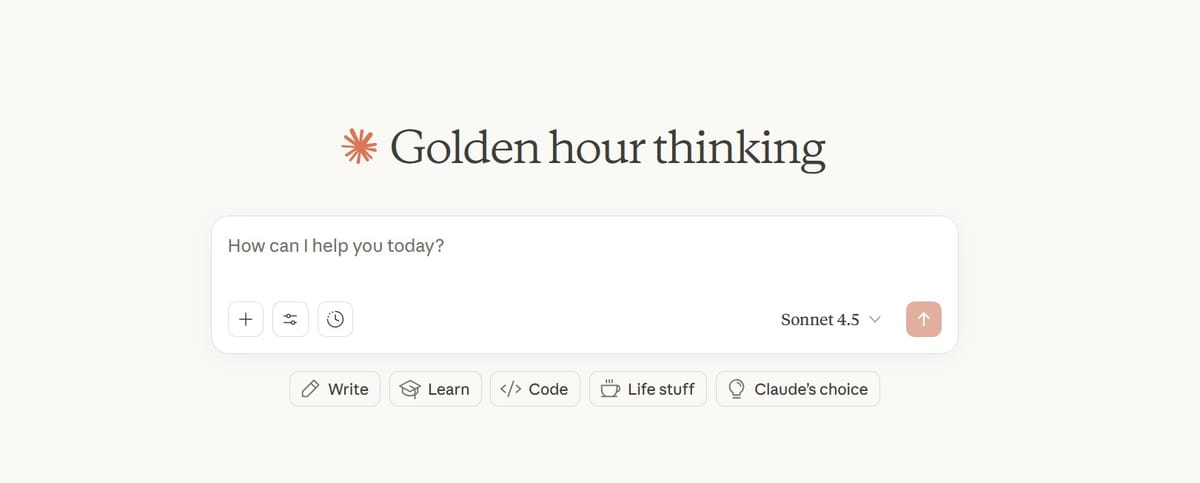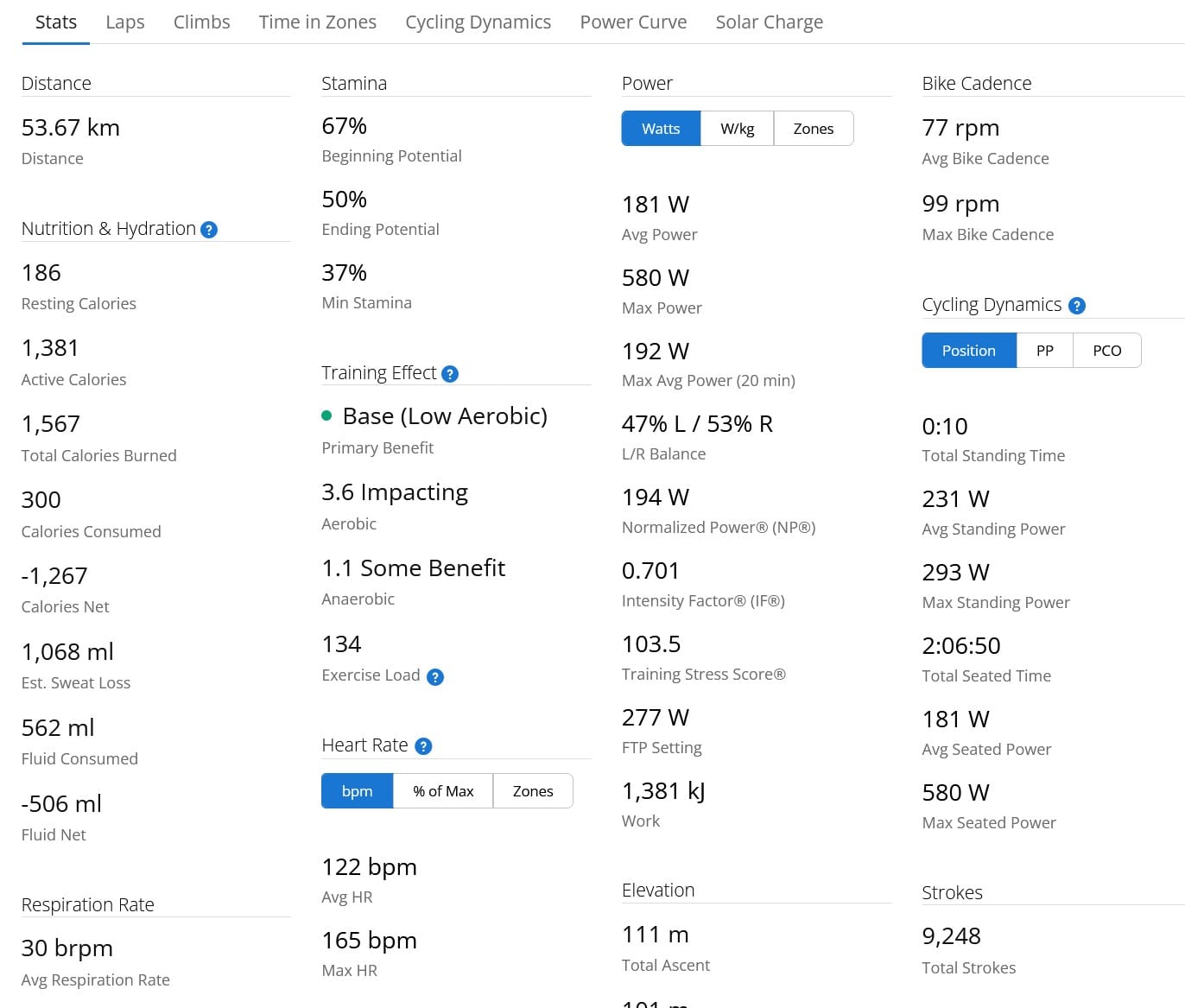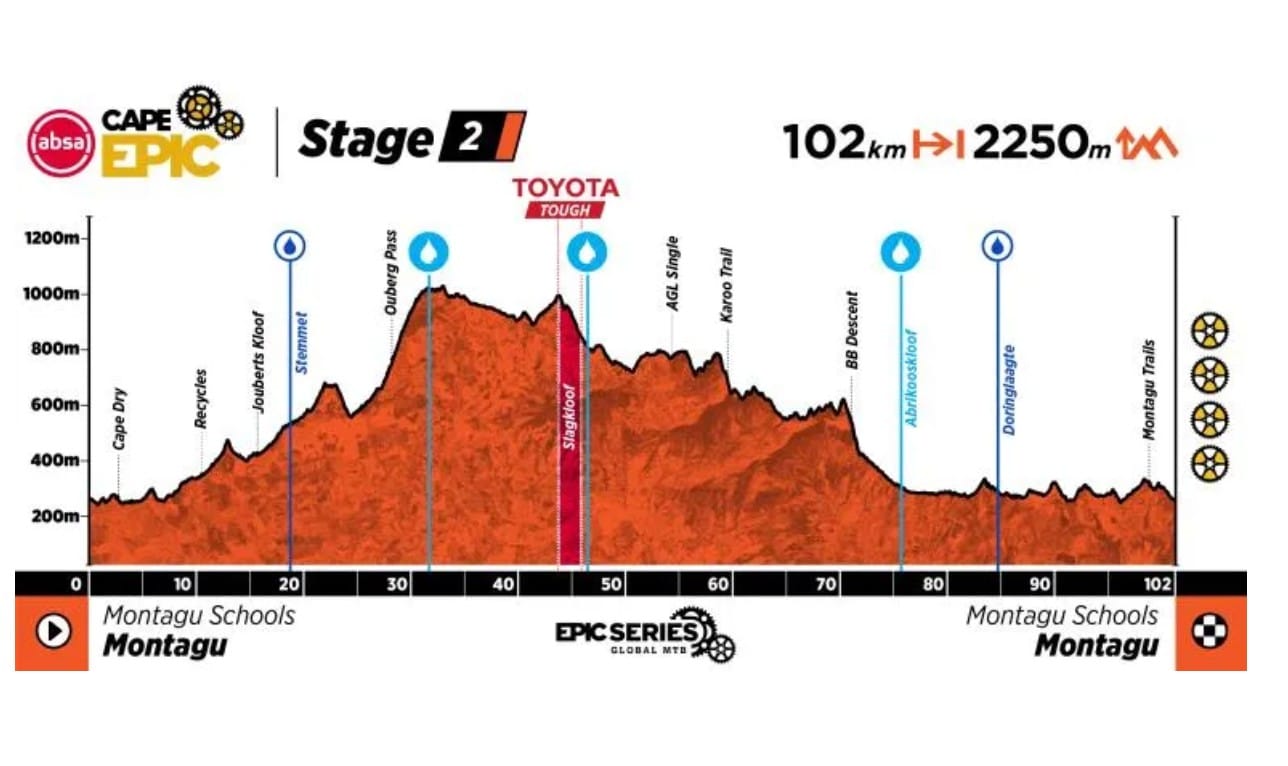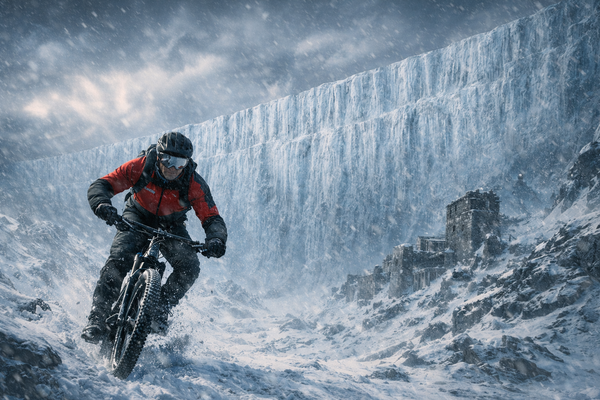AI as Training Partner: The Unexpected Tool in Our Cape Epic Prep

When I started this Cape Epic journey with Jeroen, I expected to lean heavily on the JOIN app, my Wahoo Kickr, and maybe some nutritional guidance, like the EatmyRide app. What I didn't expect was that AI would become one of my most-used tools in this preparation.
Not in a flashy, high-tech way though. It is more like having a training partner who's always available, never gets tired of my questions (out of relentless enthusiasm of course 😉), and doesn't mind when I want to analyse the same data for the third time.
The Nerd meets the numbers (and a patient wife)
I'm a bit of a nerd, always have been when it comes to new technologies and also numbers. When there's new technology to explore, I'm interested. Not in a "this will revolutionize everything" way, but in a "let's see what this actually does / how I like it" kind of way.
AI has been everywhere lately. Probably all of us it on a regular basis, whether it is the Google AI summary, or ChatGPT to ask questions, or come up with Sinterklaas poems.
What maybe is already a little less known to the wider audience, is AI’s ability to understand pictures and draw data from it (like training data from your Garmin, or a schedule from JOIN). Cape Epic training turned out to be the perfect playground for playing around with that more.
Here's the thing about training for something like Cape Epic: there's data everywhere. HRV readings, power numbers, FTP tests, route profiles, elevation gains, pacing strategies. And like a child in a candy store, I want to dive into all of it, run scenarios, question results, optimize everything. And not because I think it will give me amazing insights, or helps arrive at pro-level at the Cape Epic, but mostly because I just like it.
And honestly? I enjoy it. The analysis itself, the scenario planning, working through the numbers - that's fun for me. Like how some people enjoy tinkering with cars or doing crossword puzzles. I found I like analysing training data and race strategies.
My wife? She's very supportive, absolutely. But after the tenth conversation about my power targets for stage 3, I could see her eyes glazing rolling, hahaha. And honestly, I totally get it. Of course she doesn’t care aboutthe implications of a 277W FTP versus the lab-tested 290W while having dinner.
So that’s what I use Claude for. Part practical solution, part curiosity about the technology, part just wanting a willing participant in my hobby of overanalysing bike racing data.
Some examples of what I actually use AI for
- HRV Analysis and Recovery Tracking
One example is that I've been monitoring my heart-rate-variability (HRV) on an (almost) daily basis, and Claude helps me work to process the data quickly, remember it and detect the patterns.
And whether keeping track of HRV and how much of a predicter it is for training performance, is a whole other topic, but this is just a topic I like. And every now and then Claude cause completely mental on a measurement that it feels ‘’is totally in the danger-zone’’, where I just think ‘’I feel fine and I will ignore your hysteria for now’’
What I do take out of it is a structured way to think through recovery and training load, and I notice for that is a driver of motivation
- Training Results Reality Checks
Yesterday I went to undergo a sports medical examination, that amongst other things included a full-out test with VO2Max measurement, while connected to an ECG monitor. Ahead of the examination, I spent time with Claude asking question about this type of examination, what to expect from it, what sort of values come out of it, and of course what would ‘’be good results 😉’’.

That kind of knowledge work, bouncing ideas back and forth, challenging assumptions, working through the logic, is exactly what AI is great for as a virtual sparring/knowledge partner
- Scenario Planning for Race Day (Because I Enjoy It)
I've done a bit analysis of the Cape Epic route, stage by stage. What happens if we pace at 66% FTP versus 70%? How does Jeroen's higher power affect our drafting strategy? What's our nutrition timing looking like on stage 4 versus stage 7?

Claude and I have run through quite a few different pacing scenarios at this point. Is it necessary? Probably not , at least not all of it. Will any plan survive contact with the actual race? Definitely not completely. But I enjoy the process. It's like a puzzle where the pieces are watts, kilometers, and elevation meters.
Some people do sudoku. I calculate race pacing scenarios with an AI. To each their own.
The practical benefit is that we have a solid baseline strategy and have thought through enough variations that we won't be completely lost when things inevitably don't go according to plan. But I'd be lying if I said it was purely utilitarian. I just find it interesting.
Just talking it through
Sometimes I just need to talk through the excitement, the concerns, the small victories. Hit a new distance PR on a Tuesday morning Kickr session? It is nice if it get’s noticed by your virtual friend.
My wife listens, bless her, but there's a limit. Jeroen and I talk about it a lot of course, but sometimes we also have to work 😊. So yes, I chat with an AI about it. It sounds weird when I say it like that, but it works, and I love it.
Why this actually matters (to me, at least)
I think we're at an interesting point with AI in endurance sports. Not the flashy "AI will optimize your entire training" promises, but the practical reality of having an always-available analysis partner.
For someone running a company and training 12-15 hours a week, that availability matters. I can't schedule a call with a coach at 6am when I'm looking at yesterday's training data. But I can spend 15 minutes working through it with AI while having my morning coffee and getting ready for training.
But there's another layer here: I'm genuinely curious about this technology. What can it actually do? Where is it useful and where does it fall short? You only really learn that by using it for something that matters to you.
Cape Epic preparation has been my real-world test case. Not a theoretical exercise, but an actual problem space with real stakes (well, as real as the stakes get for a recreational athlete attempting something ambitious). The technology has been more useful than I expected in some ways, less impressive in others.
It's become part of my training toolkit, sitting somewhere between my power meter data and my gut feel about how training is going. And exploring that intersection between technology and endurance sports? That's interesting to me.
The real value beyond just being a nerd about It)
The biggest value isn't even the analysis itself or having your friend in your pocket all the time.
Having something that can engage with the actual numbers, remember the context from previous conversations, and help me think through scenarios (even though it is more hobby than anything else), for me is just a very motivating factor that keeps me going. I guess that might be the biggest value I get from it.
Looking forward
As we get closer to Cape Epic, I expect I'll use to it even more. More scenario planning, more race strategy discussion, more working on the basis of the latest fitness metrics just before the Prologue kicks of.
Will it make the difference between finishing top 20 or not? Probably not. The actual training, the partnership with Jeroen, the preparation work - that's what matters.
Will it help me show up better prepared, more confident in our strategy, and with my wife still willing to hear about the race when I get back? I guess only time will tell.
Until then, Keep Chasing!





